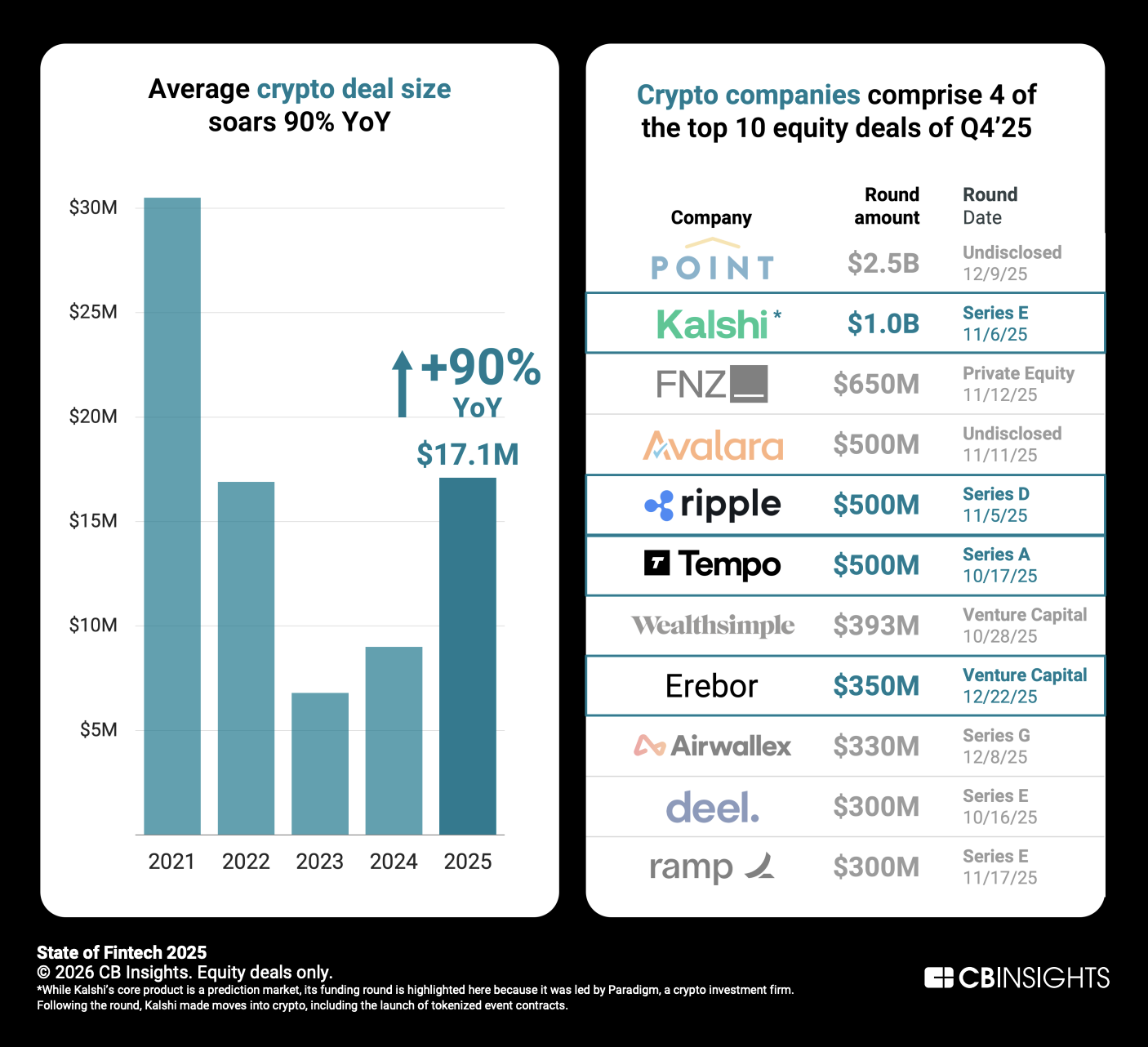Overview: The US dollar is falling against nearly all the world's currencies today amid heightened speculation that a 50 bp cut is still on the table for next week's FOMC meeting. In the derivatives market, the odds are the highest in several weeks. The ostensible trigger was apparently a news wire story by a reporter thought to be used by some Fed officials to foster communication. A few former Fed officials also seemed to endorse a half-point move. The yen is among the most sensitive to US rates, and it has reached a new high for the year. with the dollar sold through JPY140.40. The euro is knocking on $1.11 in Europe. The US two-year yield is off six basis points (to ~3.57%). It was nearly flat for the week coming into today. The 10-year yield is off almost three basis points to 3.64%. It settled near 3.71% last week.
Japanese, Chinese, and Indian stocks fell, but most of the other large bourses in the region advanced, including Hong Kong and the index of mainland shares that trade there. Europe's Stoxx 600 is up about 0.5%, its third straight advance, while US index futures are also trading with a firmer bias. Benchmark 10-year yields are low across the board, with Asia Pacific playing catch-up and European yields mostly 1-2 bp lower. Lower rates and a lower dollar have lifted gold to a new record high today near $2573. October WTI is trading firmly at the upper end of yesterday's range. Recall it was near $65 on Tuesday and is now pushing near $70.
Asia Pacific
The final estimate for Japan's July industrial output confirmed the recovery after the dramatic 4.2% drop in June. It rose by 3.1% rather than 2.8% initially estimated. The BOJ meets next week and there is practically no chance of a policy adjustment, but at the same time, the swaps market is slightly more convinced of at least a 10 bp hike before the end of the year than it has been in a couple of weeks. Meanwhile, Chinese data will be reported first thing tomorrow and it is expected to show sequential weakness from July in industrial output, retail sales, and fixed asset investment. New and used house prices likely continued to bleed lower. Despite efforts by Chinese officials to curb the bond buying, China's 10-year government bond yield has fallen to a new low of 2.06%. There is some speculation that with a series of Fed rate cuts to begin next week, the PBOC has room to cut reserve requirements and/or interest rates. Also, many still expected Beijing to announce additional supportive measures for the economy and property market. Still, its growth this year may not meet its 5% target, but even 4% growth with a shrinking population does not seem like economic tipping point has been reached. A recent Foreign Affairs article asked a common question among many in the US, "Why Beijing Won't Give Up on A Failing Model." Yet, given the incredible rise in per capita GDP in a generation and growth still exceeding G10 countries, including by those who's budget deficits are more than twice China's, Beijing does not recognize it as failing.
Increased speculation that the Fed may still cut 50 bp next week saw US rates fall yesterday and further today. This has taken the dollar to a new low against the Japanese yen near JPY140.40 today. The greenback settled on near session lows yesterday (~JPY141.80) and that has been today's high. Recall that the dollar held above JPY140 (~JPY140.25) at the end of last year and has not been below there since July 2023. The Australian dollar rose to a new high for the week slightly above $0.6730 today. The advance met the (50%) retracement objective of the losses since the late August high (~$0.6825). The next upside target is the $0.6750 area. There are options for A$810 mln at $0.6740 that expire today and given the intraday momentum indicators, there may be another try in the North American session. Meanwhile, the yen's surge and decline in US rates is have lifted the Chinese yuan. is consolidating with firmer bias against the Chinese yuan. The dollar hit a low near CNH7.0845 at the start of the week and by the middle of the week had reached CNH7.1365. It eased yesterday, and today the dollar fell to CNH7.0935. Still caution is advised. The dollar's five-day moving average has crossed above the 20-day moving average against the offshore yuan for the first time since mid-July. The offshore yuan is trading weaker than the onshore yuan, suggesting the direction of the immediate pressure. The dollar settled last week slightly below CNH7.0950 and snapped a three-week decline. On the other hand, the dollar settled near CNY7.0980 last week against the onshore yuan and is now quoted around CNY7.0940. The PBOC set the dollar's reference rate at CNY7.1030 (CNY7.1214 yesterday and CNY7.0925 last Friday).
Europe
The ECB's delivered the much-anticipated rate cut yesterday, and the focus turns to next week's FOMC meeting. To be sure, the Bank of England and Norway's Norges Bank meet, but no change is expected. The same is true for the Bank of Japan. Given weakness in German and French industrial output in July, the 0.3% drop in the aggregate figure is not surprising. It has not risen since March. Even after news that the British economy stagnated for the second consecutive month in July, the odds of a cut next week continued to be shaved and now stands near 15%. However, the market continues to feel confident of 50 bp of cuts at the last two meetings of the year.
The euro rose steadily through the North American session yesterday to reach $1.1075 in late dealings yesterday, pushing through the (38.2%) retracement of the loss from last Friday's high (~$1.1155). Follow-through buying is lifting the euro to $1.1100 in the European morning. Above there, the $1.1125 area may offer nearby resistance and then last Friday's high near $1.1155. After $1.30 held on Wednesday, sterling recovered slightly above $1.3120 yesterday, and settled above Wednesday's high. Continued buying today has seen sterling probe the $1.3150 area. A move above $1.3165 targets last Friday's high near $1.3235.
America
New speculation of a 50 bp rate by the Fed next week, apparently spurred by a news wire story from a reporter believed to be favored by officials, and several former Fed officials indicating they would consider a half-point hike. Others saw the low PPI components as confirming a soft PCE deflator. The odds in Fed funds market had fallen to less than 20% at the close on Wednesday from almost 33% at the end of last week. After the CPI, PPI, and what some see is possible planted story by the Fed, the odds are now slightly above 45%. Still, the market is pricing in about 115 bp of cuts this year. That is virtually unchanged from last week's settlement. Today's import/export prices and the preliminary results of the University of Michigan's September survey are unlikely to change this very much.
The Canadian dollar was the only G10 currency that failed to gain on the greenback yesterday. One of the reasons the Canadian dollar may be underperforming is that is also subject to speculation that the Bank of Canada may accelerate its rate cuts with a half-point move before the end of the year. The US dollar is trading near yesterday's lows against the Canadian dollar and could test the week's low set Monday near CAD1.3550. After posting its highest settlement in nearly two years against the Mexican peso on Tuesday (~MXN20.10), the US dollar has been sold aggressively and pushed to almost MXN19.46 yesterday. It settled below the 20-day moving average for the first time in almost a month. The greenback is in a tight range today near yesterday's lows. A break of MXN19.37 today could see MXN19.20. Putting the Russian ruble aside as a special case, the three best performing emerging market currencies were from Latam yesterday, led by the peso's roughly 1.6% gain. The next constitutional reform AMLO seeks, the militarization of the national guard, will be debated next week. Against the Brazilian real, the greenback traded inside Wednesday's range yesterday. The dollar looks heavy, and the central bank appears set to hike the Selic rate a few hours after the Fed delivers its first cut next week. If the BRL5.6750 area that the dollar has bumped up against in recent days is the nearby cap, then near-term potential may extend toward BRL5.53-BRL5.57.
Tags: #USD,Bank of England,China,Currency Movement,ECB,Featured,FOMC,Japan,newsletter,Norges Bank,US






























